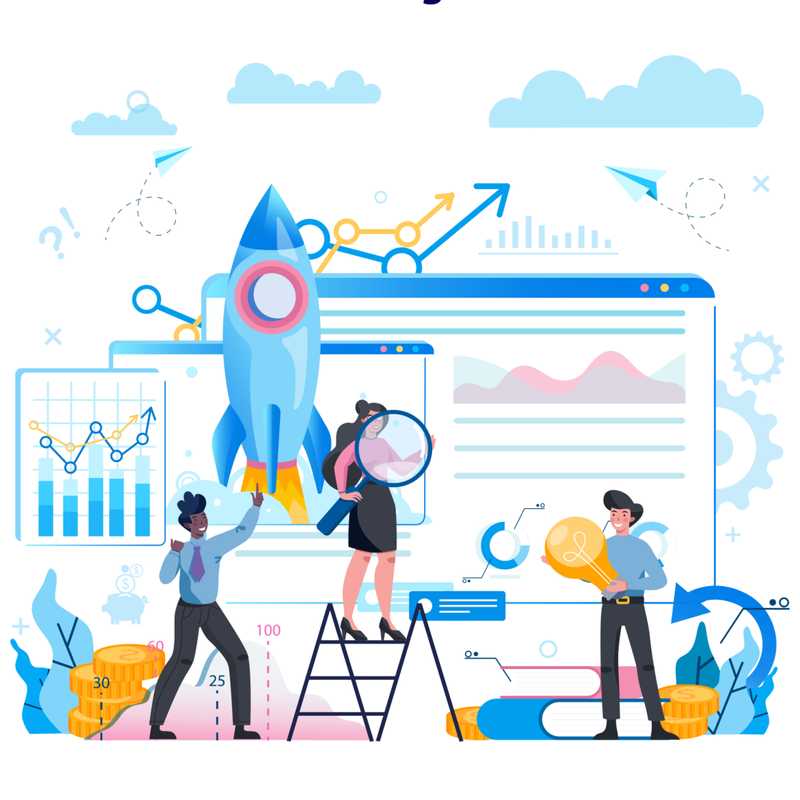Meet Sonia M. Karungi, a mentor for Springboard’s Software Engineering Career Track.
Sonia M. Karungi is using her software engineering skills for good. Based in Uganda, Sonia currently works at a startup that is helping to increase access to cooking as in a country where most of the population still uses firewood or charcoal. Using indoor wood-burning or charcoal-based stoves creates carcinogenic emissions that increase the risk of breast cancer, but many low-income Ugandans resort to using these materials for cooking because they can’t afford to buy a full cylinder of gas.
The company Sonia works for is launching an app that allows people to purchase small amounts of gas on-demand while paying in small daily installments.
“We did a trial run last December and we are working to improve the product based on the user feedback we collected,” she said. The startup plans to launch in October this year.
Sonia loves being a mentor because even though she earned a degree in computer science, she found there were many things she had to learn on her own after she started her first job as a developer. She wished she had had someone to point her in the right direction at the time.
What made you interested in software engineering?
Since I was a kid, I always loved logic. I don’t like things that are not organized according to steps 1, 2, and 3. I started my college career studying telecommunications engineering, but it didn’t connect with who I am as a person. During my classes, we had one programming class which intrigued me a lot. Once I got into the field I realized how much you could do with software.
You had mentioned that in your country, women face a lot of barriers to entering the tech field.
In my culture, a lot of women are scared of joining the field. If I approach someone above the age of 25 and encourage them to consider a career in software engineering, they’ll look at me like I’m crazy and say, “You know I can’t do that.” Since childhood we have been told this career is not for women and people just accept it.
What were some things you had to learn on the job even after getting a degree in computer science?
I had to learn React. That is something they didn’t teach us at school. I spent a lot of time Googling things and watching YouTube videos. It would have been so much easier if I had someone to point me in the right direction. That is the main reason why I love mentoring because I give that guidance and I know how important that is.
What do you like most about being a mentor at Springboard?
The best feeling for me is when a student is completing their capstone project and they’re walking me through it and they’re using all these technical terms and concepts. That’s when I look back at where they were in week one of the course and how far they’ve come–to the point of actually being able to build a product and get a job and be happy with their career change. That’s what keeps me going as a mentor.

What is something you have learned from your mentees?
The biggest lesson I’ve learned is, when it gets tough, keep going. I had this one student who came from a literature background. They had completed their master’s and had taken an adjunct lecturing position at a university. They had no background in tech. When they joined Springboard, it wasn’t a smooth journey at all. Regardless, they never, ever gave up. I admired that so much because sometimes we take what we know for granted and we don’t realize how much effort someone else has to put in to learn what we already know.
What is your advice to Springboard graduates who are looking for their first software engineering role?
Be yourself. A lot of people come across as robotic during interviews. We think this is what companies want. If an appropriate joke pops into your head, throw it in there, because then people get to see your personality and can relate to you. They can picture having you on the team.
People often think technical skills matter most, but many companies are willing to take a chance on someone who they feel has good communication skills, a sense of responsibility, and a personality that fits their culture.
What’s your advice for dealing with impostor syndrome?
At the beginning of my career, someone told me, “Just take each day as it comes. Don’t think about five days from now. Just celebrate the progress that you make each day.” If today I learned how to code an “if/else” statement, let me celebrate that. That’s when learning starts to feel good and you begin to feel worthy.
What would you say to someone who is considering a career change and doesn’t know where to start?
Switching careers is scary in the beginning, especially if you don’t have a background in tech. But at the end of the day, don’t lose sight of what got you excited about this field. When you keep that in mind, it will motivate you each day, even when things get difficult. Once you remind yourself of that, you will get the motivation to push forward.
Want to become a mentor? Apply here!
We were founded in 2013 with the goal of helping people anywhere in the world advance their careers through affordable, mentor-led online courses. Since then, we’ve helped thousands of students across the globe grow their skills and build new and rewarding careers via a flexible, human-centric, online approach. Every learner is unique—and so are their learning needs. We believe education should prepare learners for the real world, and that working on meaningful projects under the guidance of industry experts is one of the best ways to get there. Our education model, centered around these principles, has launched students from more than 100 countries into professional success. We deliver curated, expert-developed curricula via a mentor-led approach that emphasizes hands-on learning and human interaction.



